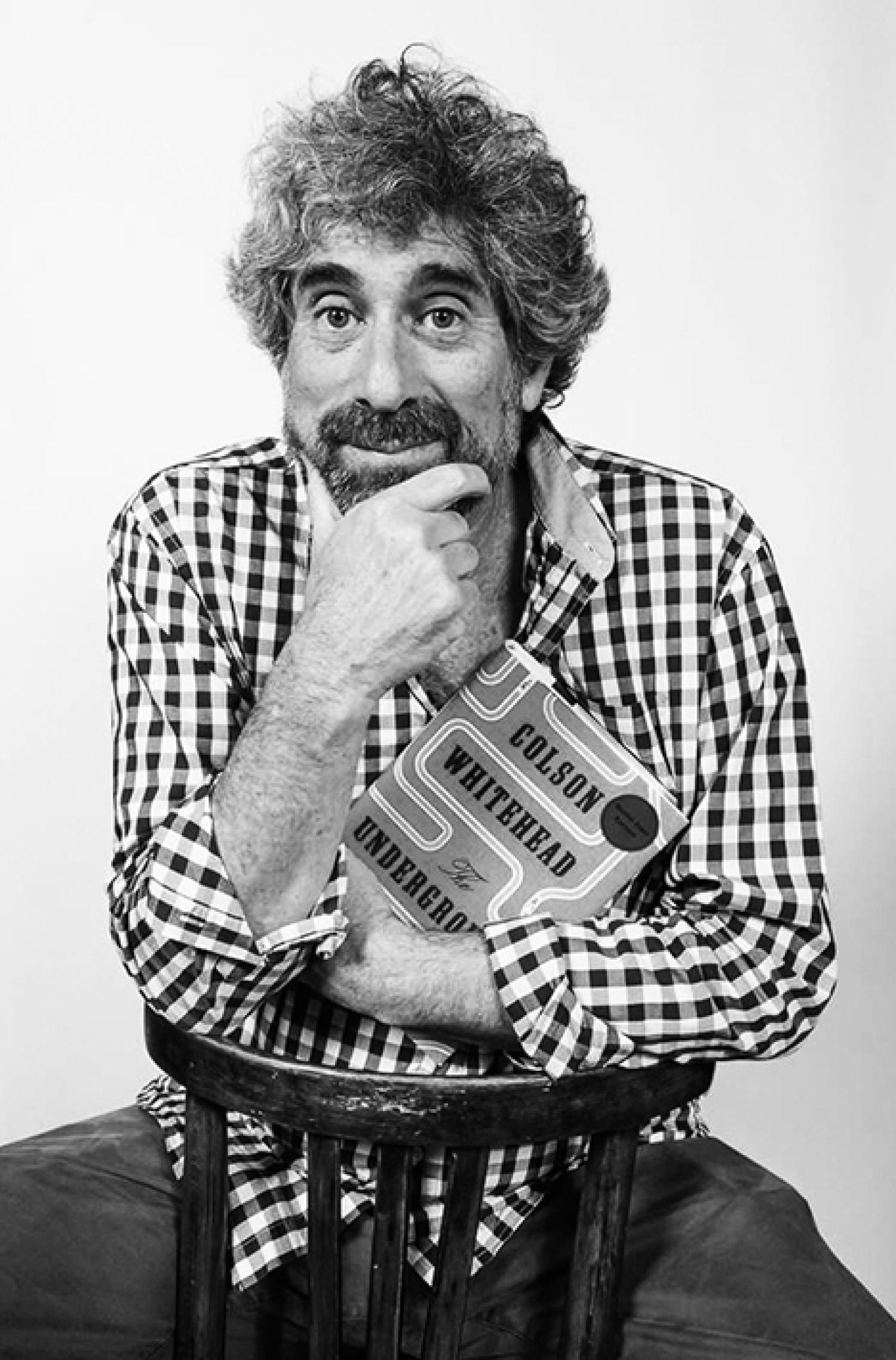
Books and Movies

When Mitchell Kaplan (Eng’76) launched Books & Books in Miami in 1982, the business was the size of a one-bedroom apartment.
Still, Kaplan, then 27, fled the tiny bookstore with more than titles — he brought in real live writers, unusual at the time. Nobel Laureate Isaac Bashevis Singer was among the first.
“From the beginning we established ourselves as the store where literary events took place alongside the selling of books,” Kaplan has said.
Early on, he also set about putting Miami on the literary map, helping found the Miami Book Fair in 1984. The annual weeklong festival now hosts hundreds of authors and draws hundreds of thousands of participants.
“In the 1980s, Miami was off the radar screen,” said Oren Teicher, head of the American Booksellers Association, a trade group based in New York. “It wasn’t a place where publishers wanted to send their authors. He helped change that.”
Over the next three decades Kaplan, now 63 and originally from Miami Beach, added seven more South Florida stores. The flagship store occupies a 9,000-square-foot building with a spot on the National Register of Historic Places.
His labor of love would become a landmark for bibliophiles. In 2015, Publishers Weekly named the business “Bookstore of the Year” citing its “outsized influence” on independent bookstores “and the literary culture at large.”
“You have to be able to communicate to your customers that value isn’t only measured by price,” said Kaplan. “There is value in meeting an author, being a place where ideas are shared, value in bringing writers into the schools.”
Recently he developed a publishing arm and a partnership with film producer Paula Mazur. Their first feature-length movie, The Man Who Invented Christmas, with Christopher Plummer, was released in November.
It was a novel that inspired Kaplan to apply to CU Boulder. Captivated by a character in Jack Kerouac’s The Dharma Bums who writes poetry on a mountaintop, Kaplan envisioned Boulder as an “exotic land of mountains and snow,” he said. “I saw CU for the first time the day I got there.”
Professor Sidney Goldfarb’s literature courses — which included histories of the “great bookstores,” such as Shakespeare and Co. in Paris and Manhattan’s Gotham Book Mart — made a deep impression on Kaplan, not least for their role as defenders of First Amendment freedoms.
After CU, he tried law school in Washington, D.C., but found himself spending more time in bookstores than in the law library. He left after two years, returned to Miami, taught high school English, then yielded to his persistent urge: to become a bookseller.
When he opened the first Books & Books, he had a lot to learn: “I knew more about Pablo Neruda and Thomas Pynchon than I did about interest rates or bank charges,” he said.
It’s been a risk that paid: “I’ve been able to make some small contribution to Miami becoming a world-class city.”
Photo courtesy Mitchell Kaplan

